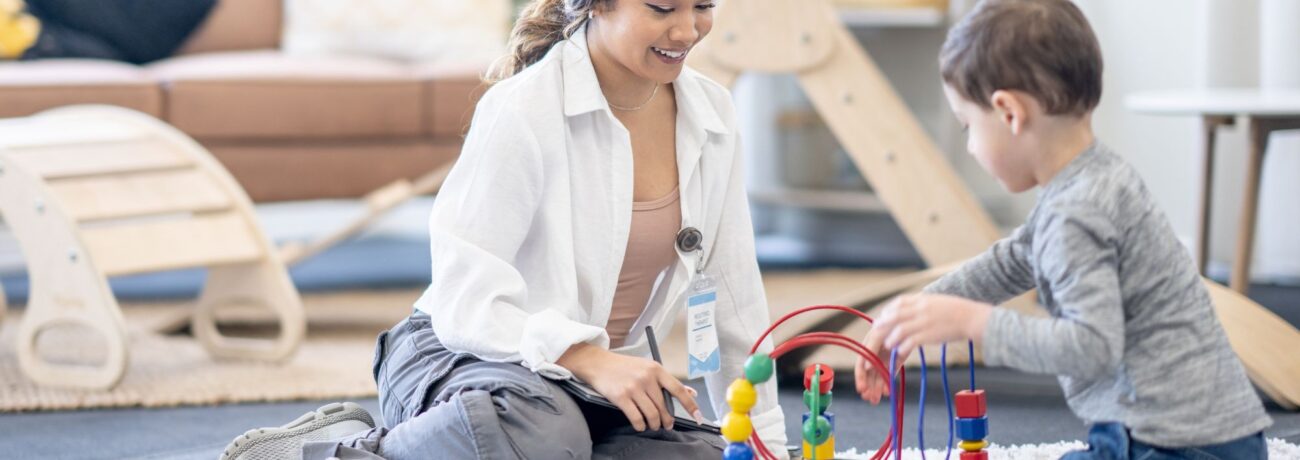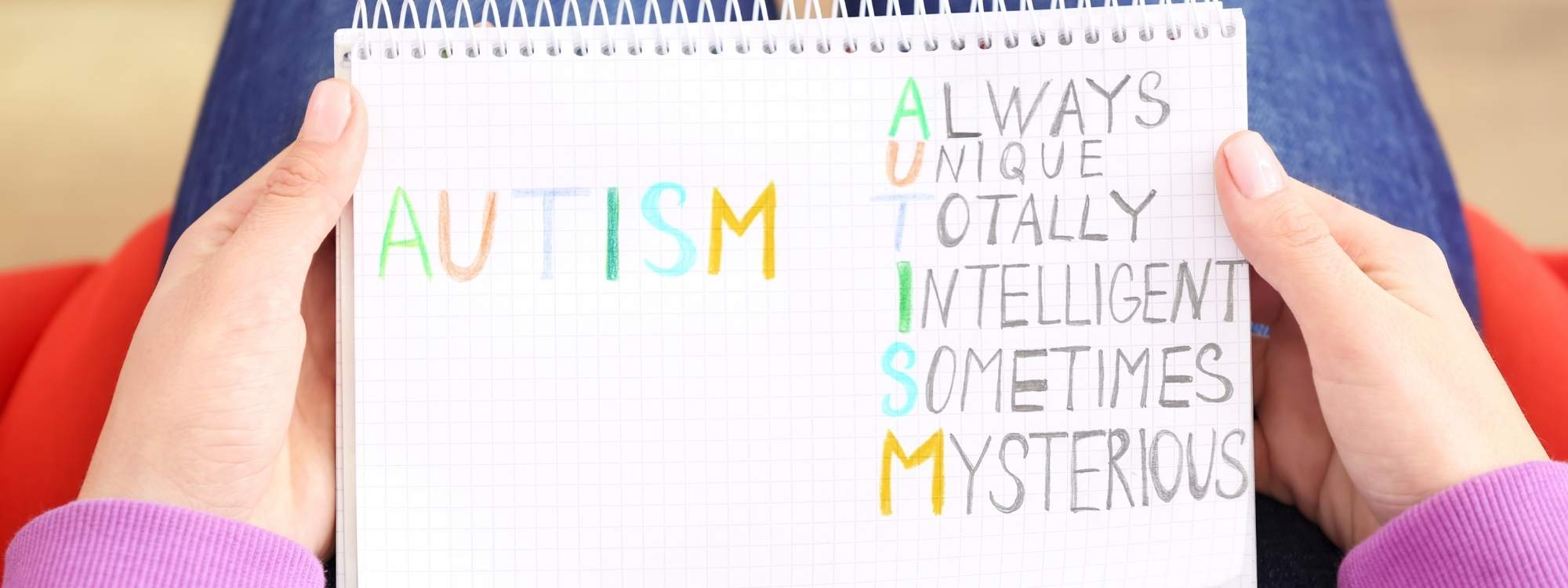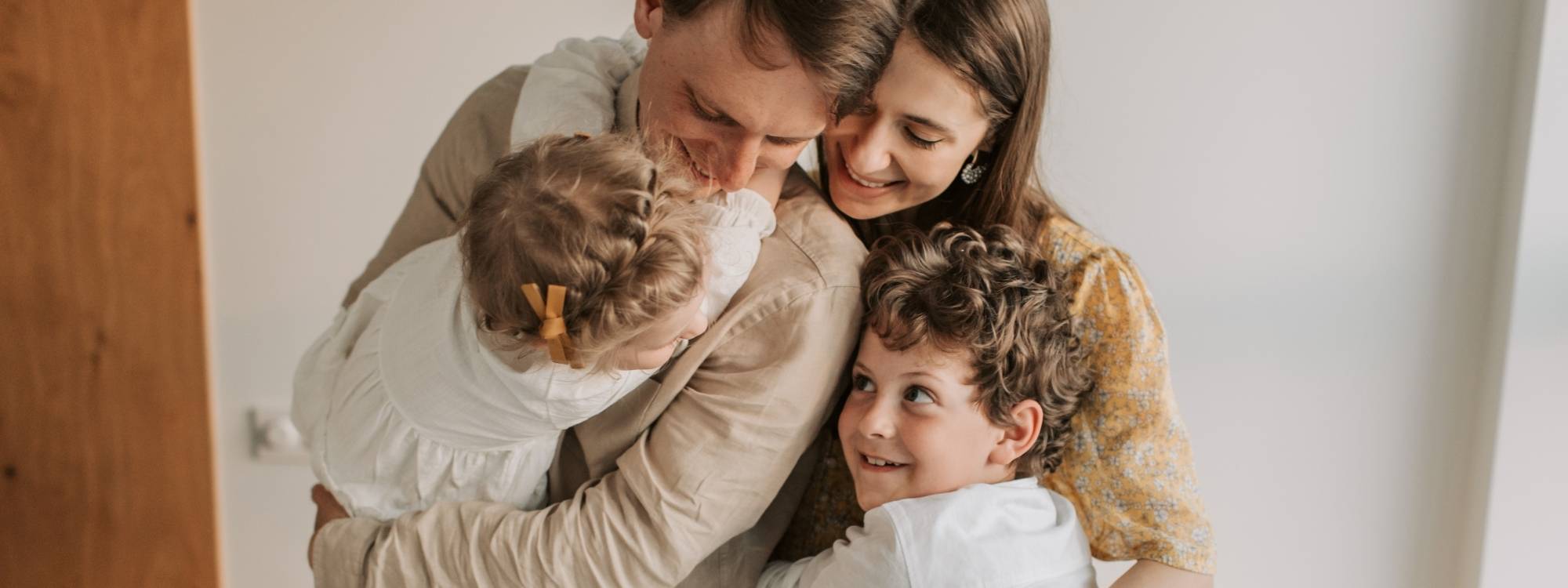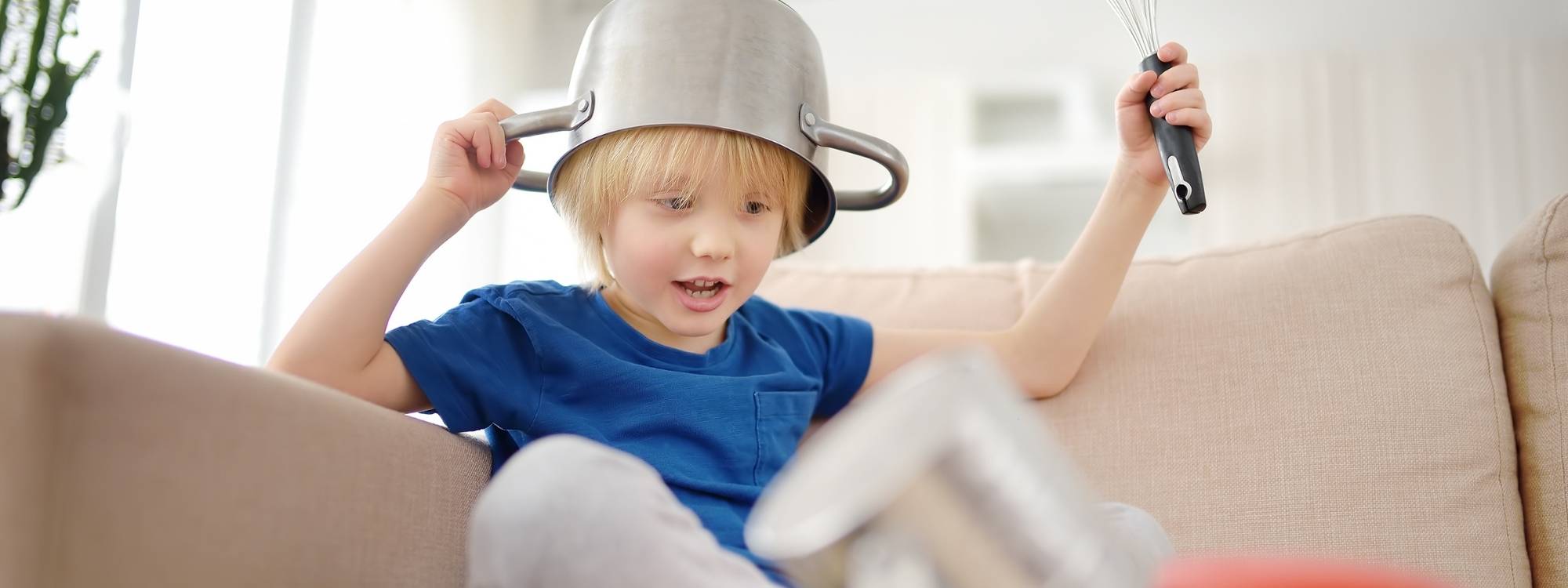Table of Contents
ToggleDoes ABA Therapy Replace School?
If your child has been diagnosed with autism spectrum disorder (ASD), you might be wondering how therapy can help them succeed. One big question many parents ask is: Does ABA therapy replace school? Let’s take a look at what ABA therapy is, what school provides and how the two can work together to help your child.
What Is ABA Therapy?
ABA therapy is a research driven behavioral intervention that assists children with Autism Spectrum Disorders to learn appropriate behaviors and communication skills and decrease problematic behaviors. The goal of ABA therapy is to improve positive behavior and decrease negative behaviors such as throwing tantrums or having difficulty with following instructions.
ABA therapists use something called positive reinforcement—rewarding good behavior to make it happen more often. All children are given individualized plans that focus on what they need most, like working on how to communicate, how to socialize, or how to handle big emotions.
What Does School Offer?
A school is more than just a place to learn math and science. It’s an environment where kids grow socially, emotionally, and academically. In the classroom setting, children learn how to work with others, follow schedules, and take part in group activities.
For children with autism, school experiences can be both exciting and challenging. That’s why extra help, like ABA therapy, is so valuable—it prepares kids for these new situations.
Can ABA Therapy Replace School?
The simple answer? No, ABA therapy cannot replace school.
A school environment fosters a lot more collaboration than an ABA therapy session. For example, at school, students have to work in groups, take part in class discussions, and interact socially with their classmates. On the other hand, ABA therapy prepares children for school by targeting those skills necessary for them to be successful, such as sitting still during lessons, raising their hand to ask questions, and playing nicely with classmates.
Instead of being a replacement, ABA therapy works with schools to give kids the best support possible.
How Does ABA Therapy Help With School?
ABA therapy and school can work hand in hand. For example:
- Therapy aims at modifying undesirable behaviors such as screaming or eloping and teach better behaviors such as sitting still and using words.
- Therapy helps with problematic behaviors like shouting or running away and replaces them with desired behaviors like sitting quietly or asking for help.
- Problematic behaviors like shouting or running away for example can be changed to more appropriate behaviors like sitting quietly or asking for help using therapy.
- ABA programs often include practice routines that mirror what happens at school, so kids are better prepared for their day.
It’s the teamwork between therapists, teachers and families that ensures that the kids get the help they need wherever they are.
Champions ABA: Experts in In-Home ABA Therapy
Champions ABA is a top provider for in-home ABA services with readily available and customized therapy for any child.
Here’s what makes Champions ABA special:
- Personalized Plans: Each child receives their own customized ABA program designed just for the skills they’re struggling with.
- Experienced Therapists: Their trained ABA therapists work closely with families to teach positive reinforcement techniques.
- Parent Support: You will also learn specific strategies to use at home to guarantee the progress continues after leaving therapy.
- School Readiness: Champions ABA prepares kids for the school environment by building confidence and teaching important skills.
With Champions ABA, kids gain the tools they need to thrive at school and at home.
How Does ABA Therapy Help Kids Get Ready for School?
ABA therapy is great for school readiness because it helps kids with autism develop:
- Communication Skills: Learning how to express themselves and understand others.
- Social Skills: Practicing how to share, take turns, and make friends.
- Coping Skills: Handling frustration or unexpected changes in their day.
- Confidence: Feeling good about themselves through positive reinforcement.
These skills help kids with autism feel more comfortable and confident in the classroom setting.
Success Stories: ABA Therapy and School
Many parents whose kids have started ABA therapy have reported seeing their kids thrive in school. For example, some children who struggled with tantrums learned to stay calm and follow routines. Others became more confident talking to classmates and teachers.
When kids have ABA support, teachers see a big difference too. It does wonders for children with ASD, they’re more focused, engaged and ready to learn. This positive change not only benefits the children but also creates a more harmonious classroom environment. If students with autism feel supported, they are more likely to attend group activities and add to the discussion. This inclusion fosters friendships and helps break down barriers between peers.
In addition, ABA therapy teaches important skills that go beyond the classroom. At home and in the community, and during extracurricular activities, children begin applying social and coping skills. For example, if a child learns to share during playtime at school they will try it at the playground with friends or at family game nights.
Parents often report that their children seem to be more willing to try new things and interact with others. This newfound confidence can lead to a want to participate in clubs, sports teams or other groups activities, and therefore further extend their social networks and experiences.
Conclusion: Does ABA Therapy Replace School?
ABA therapy isn’t meant to replace school. Instead, it helps kids with autism build the skills they need to succeed in school and beyond. Champions ABA, with its in-home services and expert team, is a great partner for families looking to give their kids the best start.
When ABA therapy and schools work together, kids with autism can have amazing experiences in the classroom and in life. If you’re looking for support, consider Champions ABA—they’re here to help your child shine!



